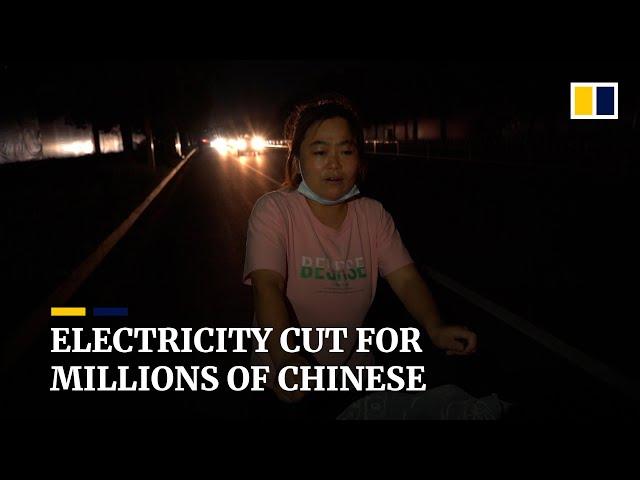Although you think that rising energy bills are the biggest problem you can face during the winter season, the problems seem to be significantly bigger than that. In the context in which we depend on China for a large part of the products we consume, it is not excluded that we will be left with empty shelves for the holidays.
While Romanians are facing an increase in prices for an important series of raw materials, products and services, the energy crisis has already taken another form in China. Just like in Ceaușescu's time, programmed blackouts began to be introduced in large cities, and production is affected in many product categories. Practically, we have reached the situation of electricity rationalization, and the global consequences can be significant, especially since there are no short-term or medium-term solutions in sight.
The crisis in China affects us all and will be felt on the shelf
High prices seem to be the biggest threat to Romanians. In reality, when we end up with empty shelves, we may be even more affected, and at least for a few products, the probability is real.

According to the data obtained by Bloomberg on the subject, the energy crisis in China is felt by car manufacturers such as Toyota, but also by Australian sheep or cardboard box suppliers. If it wasn't already obvious to anyone, globally, China is the largest exporter in a seemingly infinite number of fields, and the effects of energy rationalization there, especially in the industrial sector, are difficult to estimate. We just know that they are serious and they are already felt.
"If power shortages and production cuts continue, they will cause global supply problems, especially if they start to affect exports," says Louis Kuijs, an economist at Oxford Economics.
Several analysts have already reassessed their estimates of the situation in China, and the general forecast is that it will experience significantly slower economic growth, even compared to the first year of the pandemic. A vulnerability index calculated by Citigroup draws attention to the fact that commodity exporters are the first to be affected by a weak Chinese economy. Next on the list are the neighboring countries of Taiwan and Korea, but also countries a little further away, such as Australia and Chile, known for exporting the metal. Key partners of China in Europe are also exposed to problems.
"This looks like another stagflationary shock to output, not just for China but for the world," said Craig Botham, chief China economist at Panthenon Macroeconomics. Ultimately, according to data obtained by Hotnews, it will be interesting to see whether the Chinese reality will be reflected in higher prices for consumers or whether manufacturers will manage to absorb some of the disaster.
